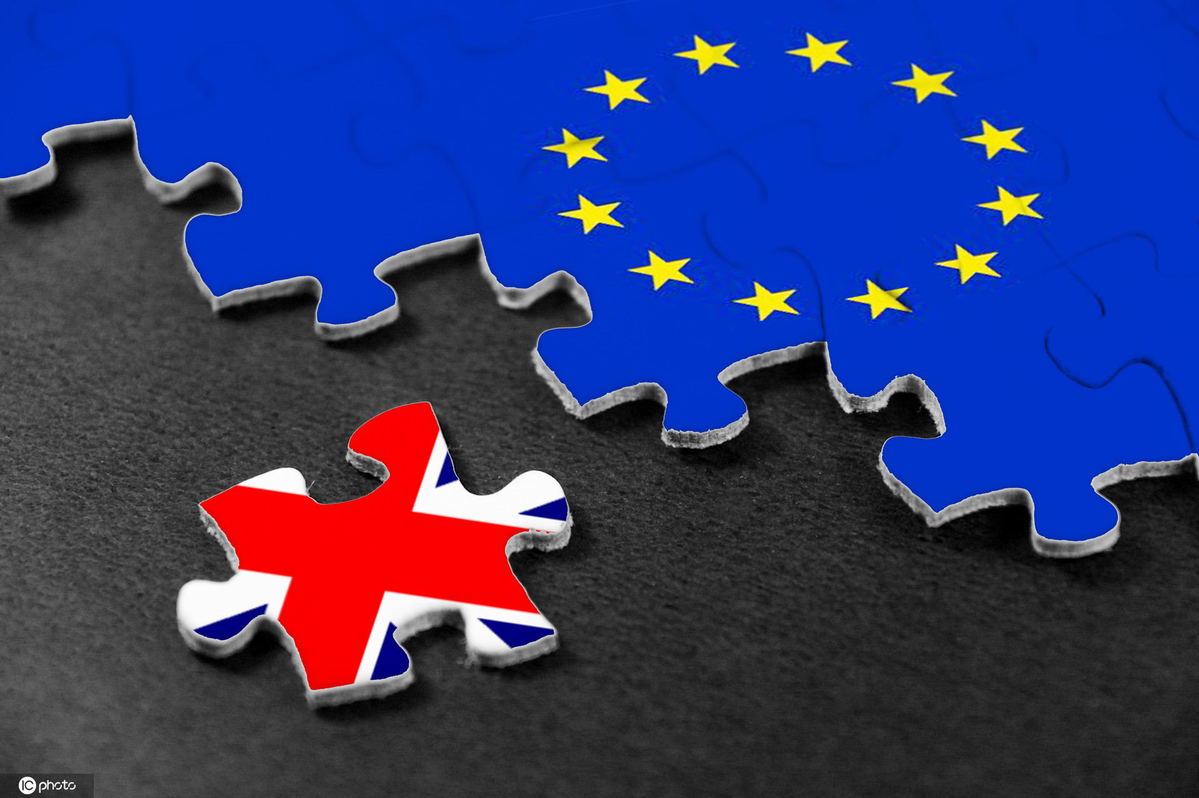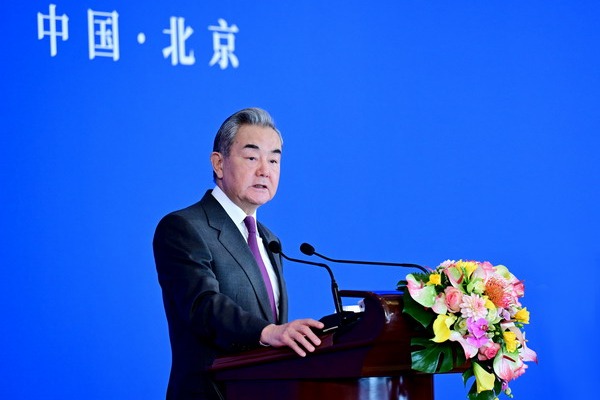UK bracing for more Brexit woes


The anticipated final deadline for a post-Brexit trade deal between the United Kingdom and the European Union ran out over the weekend with no agreement in sight. So the two sides immediately set another one.
Neither Boris Johnson's government in London nor EU leaders want to take responsibility for a no-deal outcome that would cause incalculable damage to the UK and significant damage and disruption to the rest of Europe.
The British public, who were assured that a deal with Europe would be the easiest in history, may now have to keep their fingers crossed until the end of the month, when the current transitional trade arrangements automatically expire.
The alternative is that the UK will automatically crash out of the current trade arrangements on Dec 31 with little prospect so far of regearing the economy toward the wider world in the absence of trade pacts with major countries such as China and the United States.
The prospect would be worrisome even without the added burden of the coronavirus pandemic, which has already shrunk the UK economy by almost 8 percent and that of the EU by about half that figure.
Negotiations appear to have stalled principally on the issue of the EU's demand to reserve the right to sanction the UK with tariffs if it diverges in the future from EU standards and regulations in order to give itself a competitive advantage.
For hard-line Brexiters-and also until now the country's trade negotiators-that would be an unacceptable assault on UK sovereignty.
The headline dispute, meanwhile, has been over fishing rights and future access to British waters by French and other Channel coastal fleets. The UK government has even put naval gunboats on standby to protect its territorial waters in the event of a no-deal outcome.
Such gunboat diplomacy has only served to sour the atmosphere between the UK and its erstwhile partners.
One of the promises of the Brexit enterprise was that it would free the UK to establish closer economic ties with the rest of the world and, above all, the vibrant economies of Asia. The counter argument was that new bilateral deals would fail to replace the benefits of belonging to the world's biggest trading bloc.
While the UK-EU talks in Brussels staggered toward the latest failed deadline, Johnson's international trade minister, Elizabeth Truss, was in Asia to sign trade deals with Singapore and Vietnam that essentially maintain existing trade arrangements.
Truss said: "Both these agreements are vital for the UK's future as an independent trading nation. Not only do they lock in billions of pounds' worth of trade, they also pave the way for new digital partnerships and joining the Trans-Pacific Partnership."
The UK also plans to join the pact, the 11-nation Comprehensive and Progressive Agreement for Trans-Pacific Partnership, in 2021.It would be the first non-Pacific state to do so.
President Xi Jinping, meanwhile, has said China would "give positive consideration" to the idea of joining the pact, the successor to the Trans-Pacific Partnership trade deal that the US left in 2017.
Among the manifold promises of the UK's Brexit lobby was that leaving the EU would allow Britain to exploit the opportunities of a global economy whose focus has shifted eastward to Asia.
The counter argument was that the UK could pursue a policy of closer ties with Asia without cutting its EU relationship with its nearest neighbors.
Another element of the pro-Brexit case was that departure from the EU would enhance the prospect of a trade deal with the US. With Joe Biden headed for the White House, the opportunities for a deal look slim.
Biden dented the optimism of the UK's Brexiters when he announced, "I'm not going to enter any new trade agreement with anybody until we have made major investments here at home and in our workers and in education."
Four and a half years after the vote to leave the EU, and 12 months since the UK formally quit the bloc, a general weariness about the issue has descended on the public on both sides of the English Channel.
In the UK, the talk is of potential disruption at ports and shortages of food and medicines starting on Jan 1 if there is no deal. EU states are also fretting about the impact on their own economies.
France's Le Parisien newspaper estimated a no-deal outcome would involve tariffs ranging from 10 percent on textiles to 30 percent on cheese. Germany, the UK's biggest EU trade partner, is worried about the impact on its car exports.
Spanish Foreign Minister Arancha Gonzalez Laya summed up the general mood by appealing for the two sides to reach a deal to avoid suffering on both sides.
Europe was already suffering from the enormous impact of COVID-19, she said, and a no-deal Brexit would constitute a double blow.
The author is a senior media consultant for China Daily UK.

































